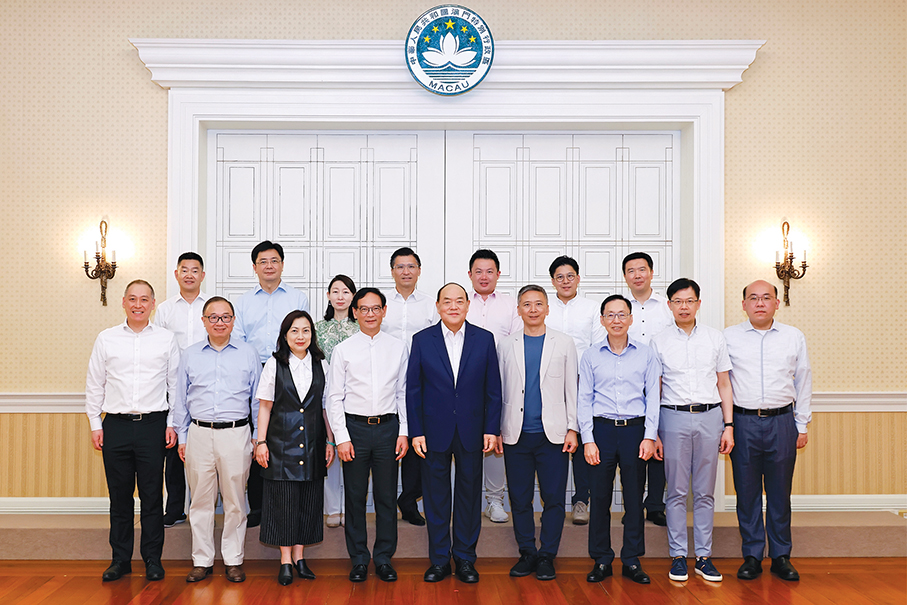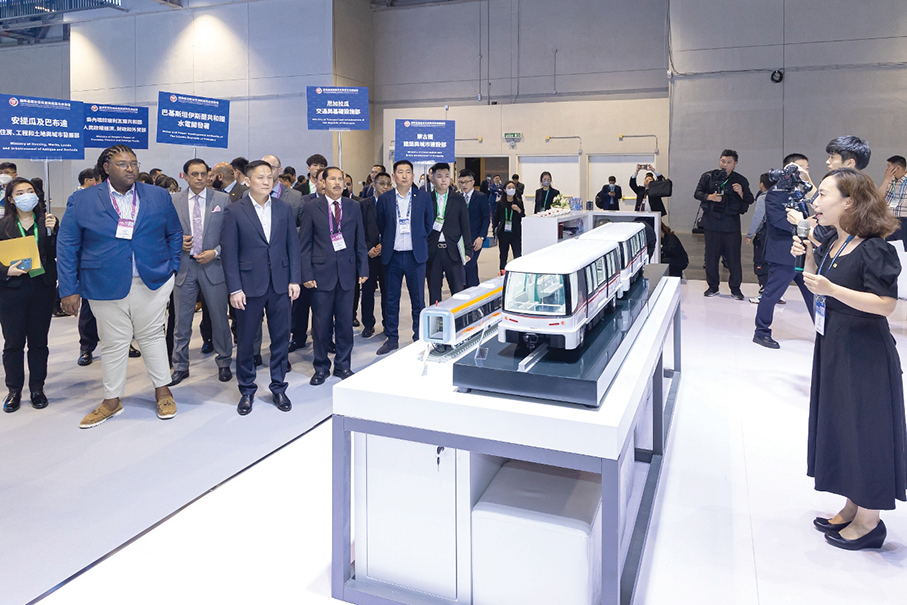Those who intend to run in the election of the Chief Executive Election Committee members, which will be held in August, can register with the Chief Executive Electoral Affairs Commission (CAECE) from today until July 2.
The election of the chief executive of the Macau Special Administrative Region (MSAR) is held every five years. The head of the MSAR is elected by the 400-member Chief Executive Election Committee.
Current Chief Executive Ho Iat Seng’s five-year term at the helm of the MSAR government ends on December 19 this year. Ho, 67, has still to announce whether he intends to run for a new five-year term.
According to Article 48 the MSAR Basic Law, the chief executive of the MSAR may serve for not more than two consecutive terms.
This time, the election of the Chief Executive Election Committee members will be held on August 11.
The chief executive election is expected to be held in October at the earliest.
A total of 344 out of the Chief Executive Election Committee’s 400 members are elected by registered association representatives, i.e., this time, at the upcoming election on August 11, while the other 56 members are chosen by a variety of other methods.
A statement by the Macau Government Information Bureau (GCS) yesterday pointed out that unlike before, potential candidates for this year’s election of the Chief Executive Election Committee members are required to sign and submit a declaration confirming that they uphold the MSAR Basic Law and bear allegiance to the MSAR, as required by the amended version of the Chief Executive Election Law, which took effect on January 1 this year.
According to the Chief Executive Election Law, the 400-member, four-sector Chief Executive Election Committee comprises 120 members representing the first sector (comprising the industrial, commercial and financial segments), 115 members representing the second sector (comprising the cultural, educational, professional, and sports segments), 115 members representing the third sector (comprising the labour, social services, and religious segments), and 50 members representing the fourth sector, which comprises: 1) 22 representatives chosen from among the city’s lawmakers; 2) the 12 local deputies to the National People’s Congress (NPC); 3) 14 representatives chosen from among local deputies to the National Committee of the Chinese People’s Political Consultative Conference (CPPCC); and 4) two representatives chosen from among members of the city’s municipal organs (Municipal Affairs Bureau/IAM).
According to the Chief Executive Election Law, 344 seats – 120 seats from the first sector, 26 from the cultural segment, 29 from the educational segment, 43 from the professional segment, 17 from the sports segment, 59 from the labour segment, and 50 from the social services segment – are chosen by the Chief Executive Election Committee election, i.e., for the upcoming election on August 11.
Concerning the remaining 56 members of the committee – whose seats are not up for grabs in the Chief Executive Election Committee election, the 12 local NPC deputies are ex officio members. The 22 representatives from the city’s lawmakers, the 14 representatives for the Macau members of the CPPCC National Committee, and the two representatives of the members of the city’s municipal organs, are chosen by their respective peers, according to the Chief Executive Election Law. The six members from the religious segment on the committee are chosen by the city’s main religions – Buddhism, Catholicism, Protestantism and Taoism.
The 344 members are elected by associations in their respective sectors and segments. Each association eligible to vote can choose up to 22 representatives to cast their ballots in the Chief Executive Election Committee election, according to the Chief Executive Election Law.
A person eligible to run in the Chief Executive Election Committee election must obtain nominations from at least 20 percent of the number of voters, i.e., associations eligible to vote, of the respective sectors and segments to become a candidate, yesterday’s GCS pointed out.
The GCS statement said that based on the current number of voters, a potential candidate running for a seat of the first sector (comprising the industrial, commercial and financial segments) for this year’s election is required to obtain at least 21 nominations, while the minimum number of nominations is 26 for a candidate running for a seat of the cultural segment, four for the educational segment, 12 for the professional segment, 49 for the sports segment, 13 for the labour segment, and 27 for the social services segment.
A man walks past Government Headquarters on Avenida da Praia Grande in Nam Van last month. – Photo: Tony Wong









